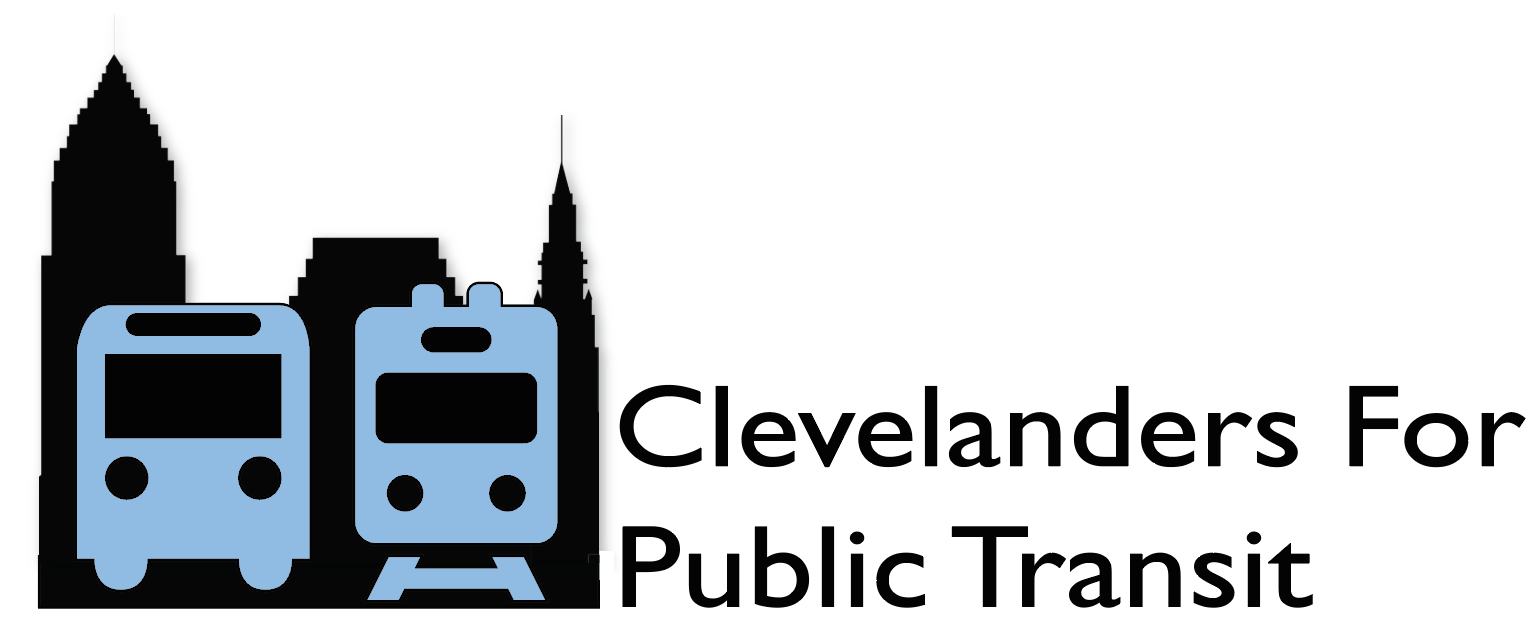Update: The Ohio Senate never voted to override Governor Kasich’s veto despite the large support in the House. RTA will be losing $20 million dollars annually if no action is taken.
Update 7/20: The Ohio Senate has delayed voting on the MCO tax fix, known as the Dolan amendment.
The Senate has rescheduled sessions for August 16th and August 23rd.
Update 7/6: The Ohio House voted today to override Governor Kasich’s veto by an astounding 87-10!
But we aren’t done yet. We need the State Senate to vote.
Cuyahoga County Senator Matt Dolan has proposed a fix, known as the Dolan amendment, that would replace the tax with a franchise fee paid to transit agencies through 2024. It was included in the state budget but vetoed by Governor Kasich.
If the MCO tax is not fixed that will mean massive service cuts for RTA. More info below:
As the state narrows the sales tax base, moving Medicaid managed care organization services (MCO) from the sales tax to the health insuring corporation tax, local governments that levy a sales tax on the state base lose significant operating funds.
The loss of the MCO tax revenues will offset all the meager funding legislators allocated to public transit in the budgets for 2018-19.
Eight of the state’s larger transit agencies depend on the sales tax, and will lose around $40 million a year, collectively, from the loss of these revenues. There is a transitional payment provided in the state budget for 2018, but no state funds are provided in 2019 and thereafter. The table below shows how much these agencies are estimated to lose as a result of the MCO tax every year starting in 2019.

The state changed the MCO tax because of federal requirements, and in making the fix ensured state revenues were protected, but established a smaller tax that cut out the local revenues supporting counties and transit agencies. The tax cut to MCOs was worth about $200 million. That $200 million represents about $160 million annual loss to the state’s 88 counties, and about $40 million annual loss to transit agencies.
In Cleveland, the loss of over $20 million annually will mean cuts in service of 10% and up to 150 layoffs!
The transit agencies do not have plans to raise local taxes on residents, do anticipate having to cut services as a result of this loss. The sales tax revenues accounted for between 6 and 7.5 percent of transit agency budgets. Some agencies reported that they will have to cut services on weekends and late night shifts, for 2nd and 3d shift workers. Some agencies report that service will be eliminated outright on some routes. Others plan to reduce services on all routes. Three mentioned specifically that demand-responsive or para-transit services for the elderly and disabled will be reduced.
The sales tax revenues were used by some agencies to match federal dollars for capital projects, including replacements for old buses. Rural and small city transit agencies struggle to matching funds. The Portage Area Regional Transit Authority, serving Kent and smaller communities, will not be able to proceed with planned capital projects.
The state of Ohio, the seventh largest state, contributes as little to public transit as rural South Dakota: about $.63 per person. The state should be providing $120 million a year to transit, picking up 10 percent of the cost of the service, but only provides around 1 percent. In 2018-19, the total allocation of the state to the bus services – about $40 million – will be offset entirely by the elimination of the MCO tax revenues to eight of the largest transit agencies.
Some Ohio legislators are working hard to find a way to reverse this state tax change that takes critical funds from counties and transit agencies. Legislators looked at several ways of restoring the MCO tax to its former size, instead of cutting it so local revenues were lost. They continue to discuss such changes. Clevelanders for Public Transit has pushed for closing uneconomical tax breaks in the $9 billion state tax expenditure budget to raise funds needed to support public transit.
Closing loopholes identified for elimination by Governor Kasich and Tax Commissioner Testa in the budgets for 2016-17 and 2018-19 would raise more than $100 million. Restoring the billion-dollar tax cut for pass-through business income, which has not created jobs, to its original size, would yield additional revenues the state could use for badly-needed important public services – like public transit.
References:
-
- Full report from Policy Matters Ohio: How Ohio Funds Public Transit
Press coverage:
